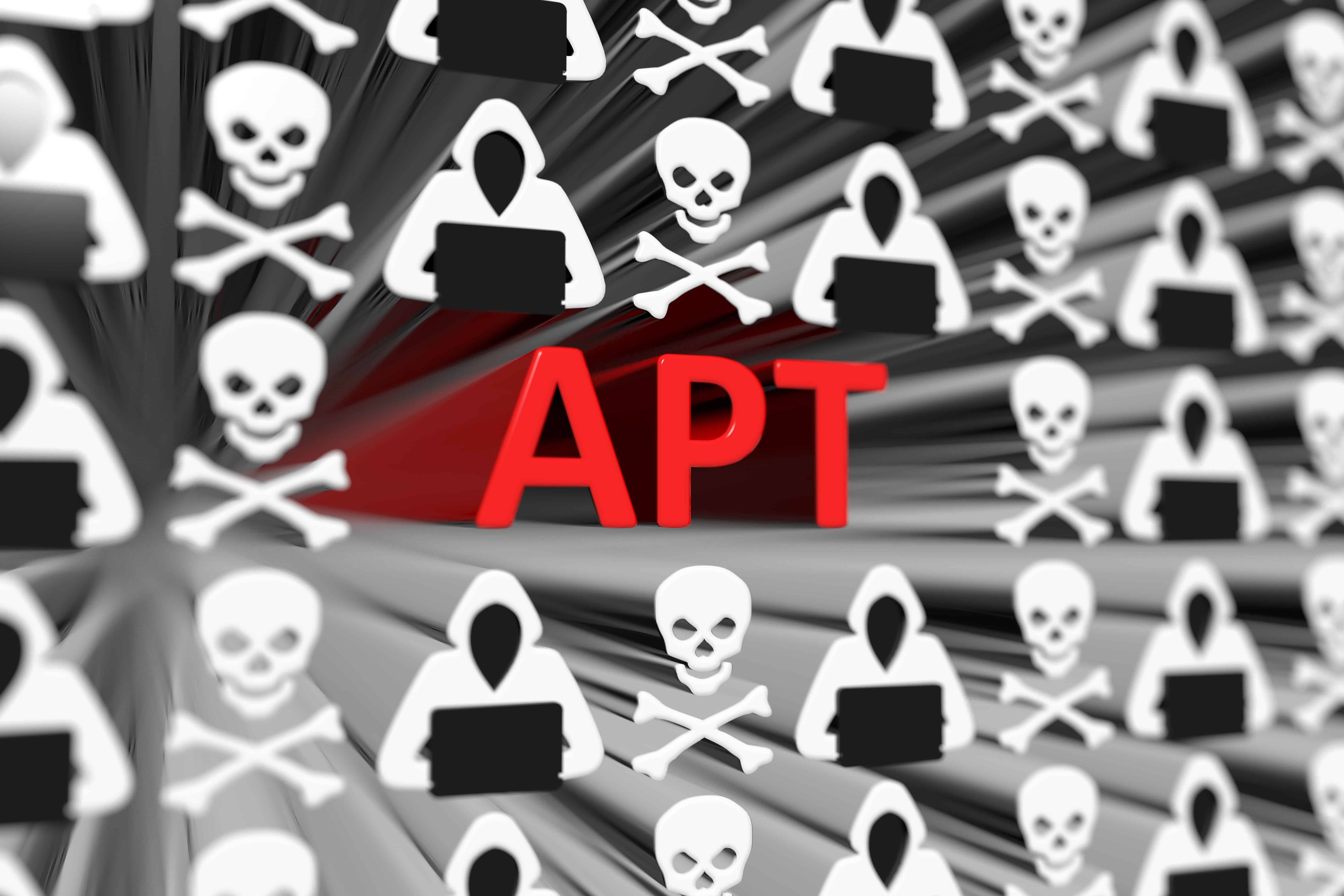Every organization needs an effective cybersecurity policy
Anyone who has taken the CISSP exam knows that cybersecurity policy is at the top of the policy/standard/procedure hierarchy. The logic is that cybersecurity policy must come first because it identifies the organization’s security issues and their scope; it answers the question, “Why do we need to do this?” Only after understanding the why can an organization develop quantifiable measurements and determine what is required (standards), then establish the proper steps to achieve the standards (procedure).

Cyber security policy protects information within an enterprise, defines rules regarding consistency and fairness, and ensures compliance. Yet despite the high importance of cybersecurity policy, many small and medium sized businesses (SMBs) lack effective security policies. Some don’t have them at all! This “ad hoc” approach to enterprise cybersecurity has become such a problem among defense subcontractors that the DoD is developing a new compliance framework to address it.
Regardless of size or industry, every organization must have documented IT security policies to protect their digital assets. Many compliance frameworks, including HIPAA, PCI DSS, and SOC attestations, require written policies, and policy documentation will also help your company defend itself defend itself against fines and civil litigation in the event of a data breach.
Types of IT security policies
The CISSP defines three primary types of cybersecurity policies.
- Regulatory policies ensure that an organization is adhering to industry-specific compliance mandates or laws, such as those governing public utilities, financial institutions, or other organizations operating in the public interest.
- Advisory policies specify which employee behaviors an organization considers acceptable and unacceptable. While advisory policies aren’t mandatory per se, employees who violate them face serious consequences, ranging from serious warnings to termination.
- Informative policies educate an organization’s employees or business partners without laying out any specific or implied requirements.
These three IT security policy categories can be broken down further into organizational, system-specific, and issue-specific policies. An organizational (or master) security policy is the blueprint for an enterprise cybersecurity program; it outlines the company’s strategic plan for implementing cybersecurity. System-specific policies dictate the approved software, hardware, and hardening methods for specific systems. Issue-specific policies address functional areas that require additional attention and detail, such as IT security policies governing email usage, change management, access control, data retention, and vulnerability management.
Developing & maintaining an effective cybersecurity policy
Depending on an organization’s size, industry, risk profile, and data environment, their IT security policy could range from a one-page guide to a book containing dozens of pages. Here are some general tips for developing an appropriate and effective cybersecurity policy.
- Understand your compliance requirements and align your policies with them. If you don’t know where to start, applicable compliance mandates are a good place.
- Understand your infrastructure. Work with your IT team to map the systems you have in place, their capabilities and vulnerabilities, and your current backup and security measures.
- Clearly identify security controls. This includes which specific security programs are to be implemented, timelines and procedures for updates and patches, and backup procedures.
- Clearly identify employees’ roles and responsibilities. An effective IT security policy must define accountability, such as who is responsible for maintaining and enforcing policy, who is responsible for training users, and who responds to security incidents and each person’s role during response.
- Outline acceptable use conditions. This includes acceptable use of the company internet connection, social media usage policy, remote access rules, and the proper procedure for reporting security incidents.
Cyber security policy is not “one and done.” The cyber threat environment is in continuous flux, and security policies must be reviewed and updated on a regular basis.
The cybersecurity experts at Lazarus Alliance have deep knowledge of the cybersecurity field, are continually monitoring the latest information security threats, and are committed to protecting organizations of all sizes from security breaches. Our full-service risk assessment services and Continuum GRC RegTech software will help protect your organization from data breaches, ransomware attacks, and other cyber threats.
Lazarus Alliance is proactive cybersecurity®. Call 1-888-896-7580 to discuss your organization’s cybersecurity needs and find out how we can help your organization adhere to cybersecurity regulations, maintain compliance, and secure your systems.


